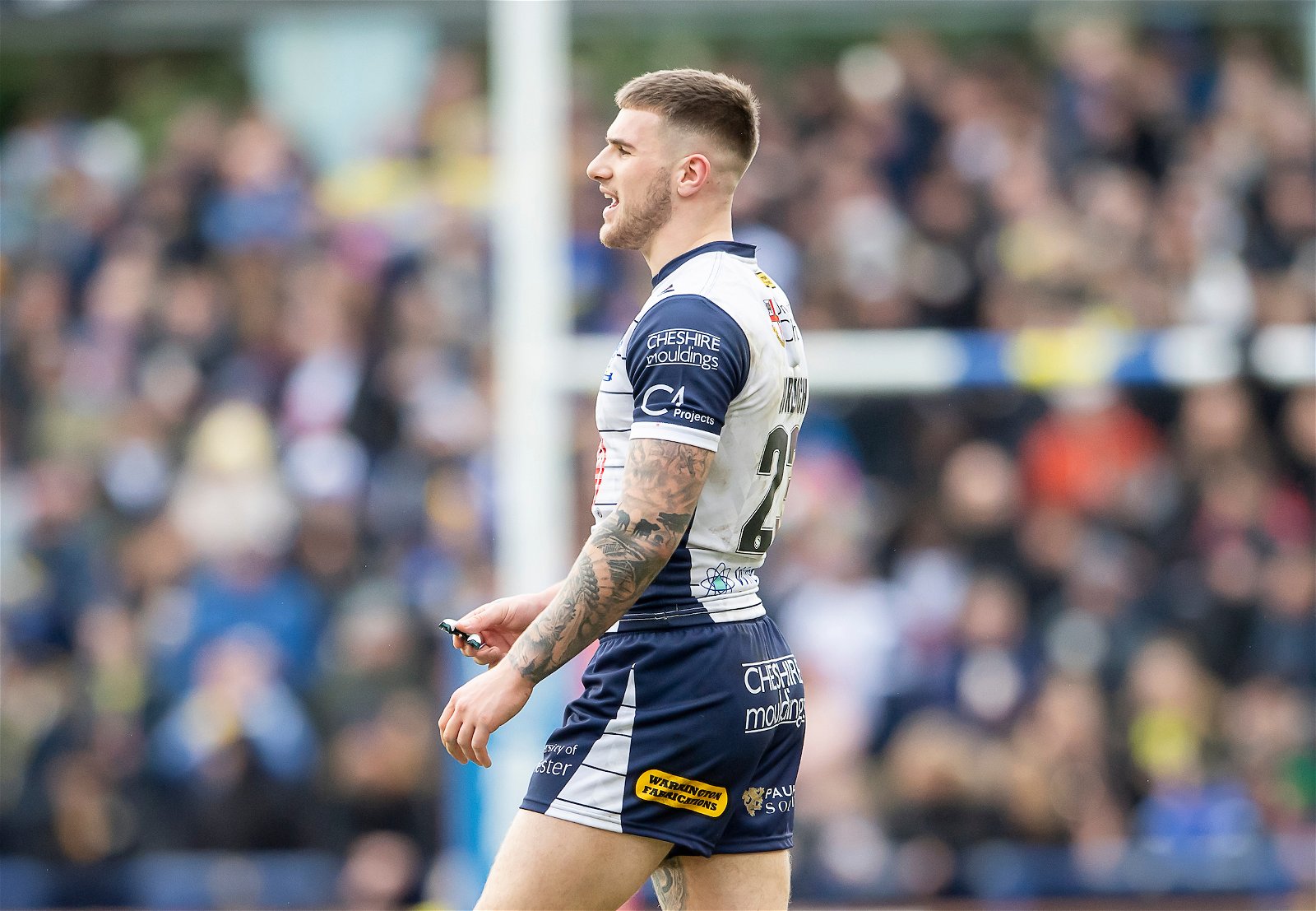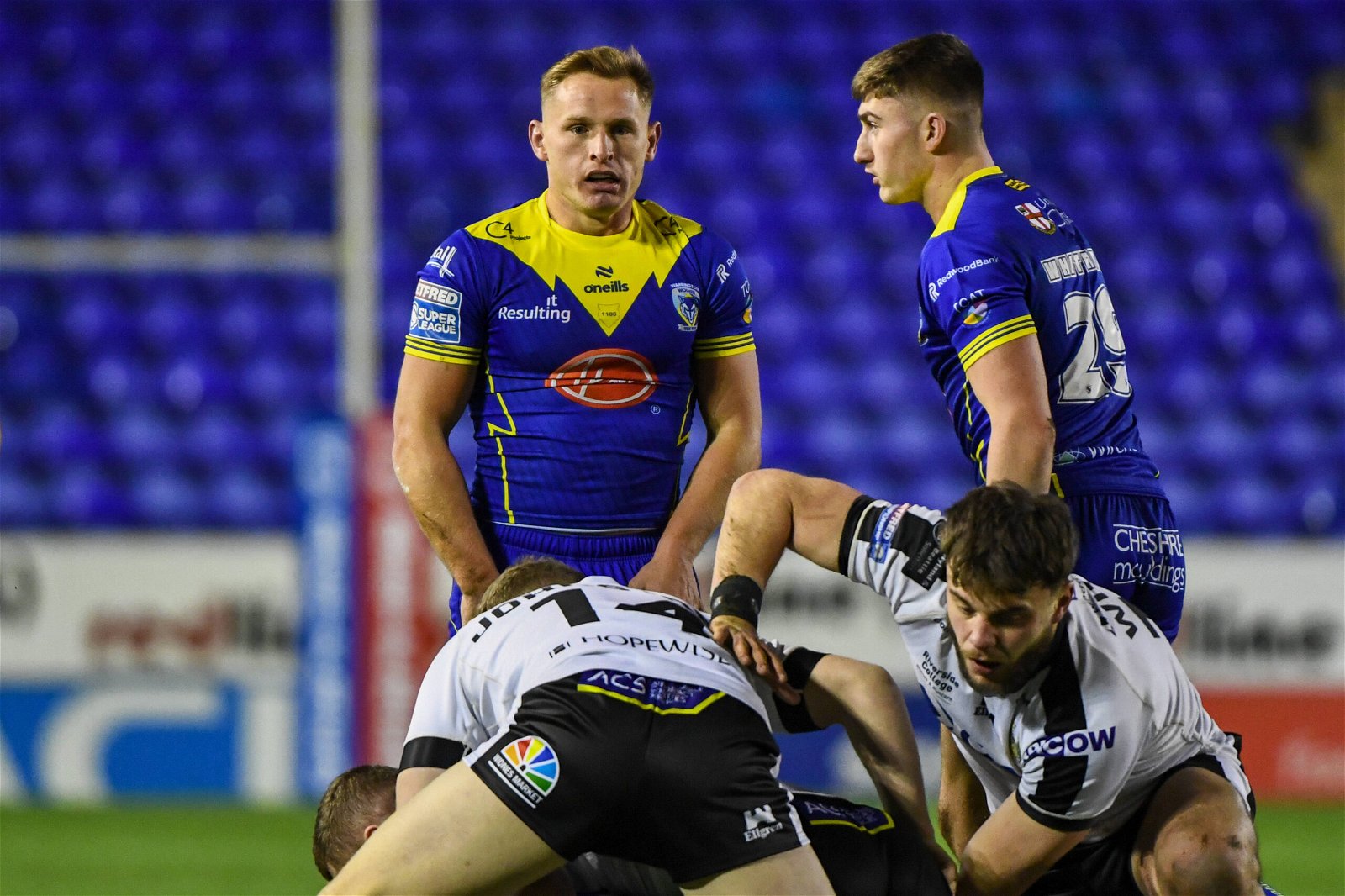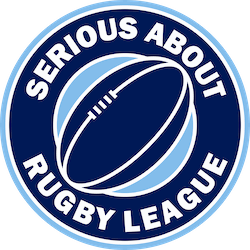
The disciplinary which will impact Round One of the Betfred Super League has been revealed with two Warrington Wolves players charged.
Star centre Connor Wrench was charged with Grade D Head Contact whilst returning star from Hull FC Brad Dwyer was charged for Grade B Head Contact.
However, neither of them were banned for these offences nor was Salford Red Devils player Finley Yates for Grade C Head Contact.
On the face of it, this is quite surprising but is due to the fact the RFL are granting amnesty to players in pre-season friendlies over the new Head Contact charges.
So, due to this they have avoided bans as explained by the RFL: “The MRP will notify the player and their club of the charge and sanction they would have received…but the charge and sanction will not come into force or be lodged on the player’s record. This gives everyone a chance to see what will be coming but gives them an opportunity to rectify matters before the season kicks off formally. This also protects against the most serious foul play by banning at the top end of grades thereby not moving away from protecting players.
“The RFL appreciate some of these changes require player and coach buy-in. By doing this it gives everyone time to adjust, ensures our best players can play at the start of the season but will give awareness as to what will be ahead for us.”
This problem first emerged with Oliver Wilson the only player banned earlier in pre-season.
Explained: Why Warrington Wolves duo avoided bans

Warrington Wolves v Widnes Vikings Picture by Olly Hassell/SWpix.com – 26/01/2024 – Rugby League – Pre-season friendly – Warrington Wolves v Widnes Vikings – Halliwell Jones Stadium, Warrington, England – Warrington s Brad Dwyer
The new Head Contact Sanctioning Framework, which has been introduced following a recommendation from the RFL’s Brain Health Sub-Committee, was shared with head coaches and senior players before being sent to clubs during the close-season, and is today published on the RFL website.
There are new guidelines for match officials regarding on-field sanctions in the professional game, with any forceful or dangerous contact with an opponent’s head or neck to be punished by a red card, unless there are specific mitigating factors in which case the card can be downgraded to yellow.
The Match Review Panel will also observe a new Framework under which any forceful or dangerous contact with an opponent’s head or neck will lead to a charge of Grade D, E or F – unless there are mitigating factors in which case the charge will be B, C or D.
The disciplinary tariff remains unchanged, with Grade B offences to be punished with a fine or a one-match suspension (depending to an extent on previous record); Grade C offences with a suspension of one or two matches; Grade D offences with a suspension of two or three matches; Grade E offences with a suspension of four to six matches plus a Fine; and Grade F offences with a minimum suspension of six matches and a Fine.
As previously, players charged with Grade D, E or F offences will be required to attend an Operational Rules Tribunal.
Players and their clubs have the right to challenge any Grade A, B or C offences at an ORT.
The amnesty for offences linked to the new Head Contact Sanctioning Framework in pre-season fixtures, which applies only to charges up to and including D – with Grade E and F offences still to be punished – was approved by the RFL Board before Christmas.




























